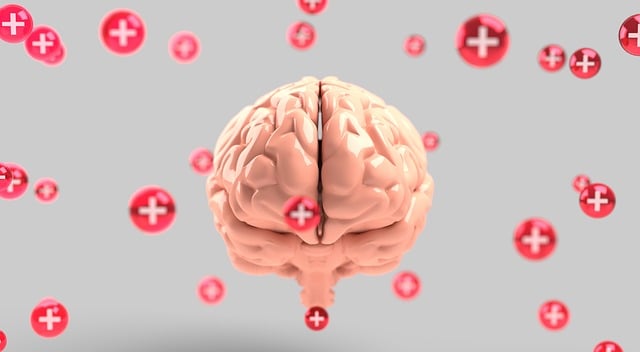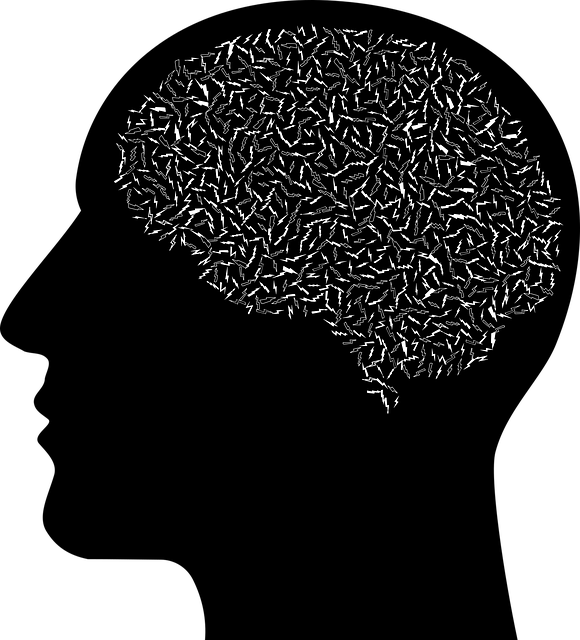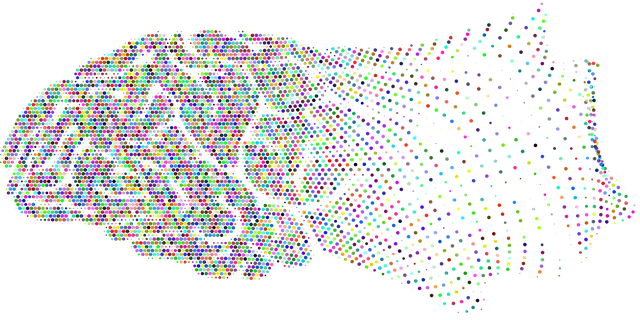Northglenn Autism Spectrum Disorder (ASD) therapy emphasizes personalized self-care strategies addressing sensory sensitivities, social interactions, and emotional regulation. Therapists assess individual needs, create coping skills, and empower clients with risk management planning. Structured yet flexible routines at home, incorporating mindfulness, physical activity, and creative outlets, improve well-being and reduce ASD complexities. Professional support from specialized healthcare providers is crucial for effective self-care tailored to diverse cultural backgrounds.
Self-care is an essential aspect of overall well-being, especially for individuals with Autism Spectrum Disorder (ASD). This comprehensive guide explores strategies to enhance self-care practices for ASD individuals in Northglenn therapy settings. We delve into understanding the unique needs and preferences of this population, offering insights on identifying personal care routines. Through professional support, learn how to implement effective at-home rituals. Discover resources and techniques tailored to Northglenn autism spectrum disorder therapy, fostering a holistic approach to self-nurturing.
- Understanding Self-Care for Individuals with Autism Spectrum Disorder (ASD)
- Identifying Personal Needs and Preferences in Northglenn Therapy
- Implementing Effective Self-Care Routines at Home
- The Role of Professional Support in Enhancing Self-Care Practices
Understanding Self-Care for Individuals with Autism Spectrum Disorder (ASD)

For individuals on the Autism Spectrum, understanding and prioritizing self-care is a unique journey that requires tailored approaches. Northglenn Autism Spectrum Disorder (ASD) therapy emphasizes the importance of recognizing and addressing individual needs due to the diverse presentation of ASD. Self-care in this context goes beyond general wellness practices; it involves coping skills development tailored to manage sensory sensitivities, social interactions, and emotional regulation.
Autistic individuals may face specific challenges that impact their mental health, such as anxiety or depression prevention, which necessitate specialized strategies. Mental health professionals play a crucial role in teaching self-care techniques, including risk management planning, to empower autistic clients. By fostering self-awareness and adaptive coping mechanisms, these practices contribute to overall well-being and help navigate the complexities of ASD, ensuring individuals feel supported and equipped to manage their unique circumstances effectively.
Identifying Personal Needs and Preferences in Northglenn Therapy

In Northglenn Autism Spectrum Disorder Therapy, understanding a client’s personal needs and preferences is paramount to tailoring effective self-care practices. Therapists engage in detailed assessments to uncover unique challenges and strengths, ensuring that interventions are not only tailored but also enjoyable and sustainable. This personalized approach acknowledges that mental health awareness and social skills training must be aligned with individual interests and lifestyles. By identifying what brings a client joy, reduces stress, and fosters meaningful connections, therapists empower them to integrate healthy habits seamlessly into their daily routines.
The process involves open communication, where clients are encouraged to express their aspirations, fears, and past experiences. This dialogue enriches the therapy experience, allowing practitioners to design self-care strategies that cater to diverse needs. Whether it’s through creative outlets, mindfulness exercises, or social interaction activities, the goal is to enhance overall well-being while addressing specific challenges often associated with Autism Spectrum Disorder.
Implementing Effective Self-Care Routines at Home

Implementing effective self-care routines at home is a powerful way to take control of your well-being, especially for individuals navigating conditions like Northglenn Autism Spectrum Disorder (ASD). By creating structured yet personalized practices, one can significantly enhance their mental and physical health. Start by identifying specific areas that require attention—be it managing stress, improving sleep, or cultivating social connections. Incorporate activities such as mindfulness exercises, regular physical activity tailored to individual preferences, and dedicated time for hobbies or creative outlets.
Consider integrating these routines into your daily life through consistent scheduling. Public Awareness Campaigns Development and Mental Illness Stigma Reduction Efforts highlight the importance of self-care practices in fostering resilience and overall well-being. By making self-care a non-negotiable part of your routine, you can create a safe space at home that supports and nurtures both mind and body.
The Role of Professional Support in Enhancing Self-Care Practices

In today’s fast-paced world, prioritizing self-care is essential for maintaining mental wellness, especially for individuals navigating conditions like Northglenn Autism Spectrum Disorder (ASD). While self-initiated practices such as meditation and therapy can be beneficial, professional support plays a pivotal role in enhancing and refining these routines. A qualified healthcare provider with expertise in ASD can offer tailored strategies, ensuring that self-care efforts are not only effective but also aligned with the unique needs of each individual.
Cultural competency training for mental health professionals is crucial when providing support to diverse populations. This includes cultivating cultural sensitivity in mental healthcare practice, recognizing and respecting different cultural beliefs and practices related to wellness. By incorporating these aspects into therapy sessions, Northglenn residents with ASD can engage in self-care rituals that resonate with their personal backgrounds, fostering a deeper sense of connection and well-being. Additionally, the production of accessible Mental Wellness Podcast Series can extend these discussions beyond traditional therapy settings, reaching a broader audience and promoting awareness about effective self-care practices.
For individuals with Autism Spectrum Disorder (ASD), prioritizing self-care is a transformative journey. By understanding their unique needs and integrating practices tailored to their preferences, such as those offered through Northglenn Autism Spectrum Disorder therapy, significant improvements in overall well-being can be achieved. This holistic approach, combining personal identification of needs with professional support, empowers individuals to create effective self-care routines at home. In summary, embracing these strategies paves the way for a more balanced and fulfilling life.














